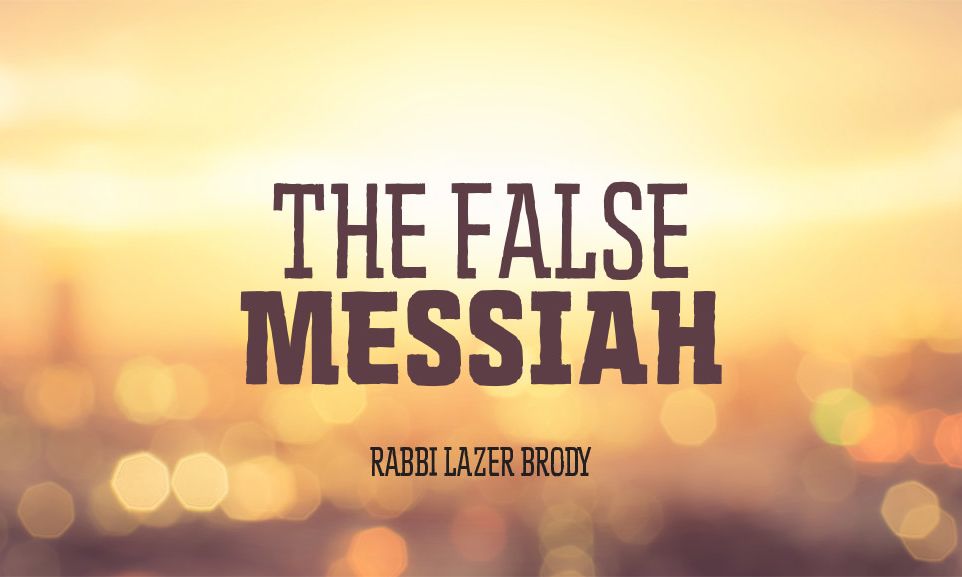
The False Messiah
A wagging tongue and a gullible ear led to the destruction of ancient Betar, home to millions of Jews, bursting the bubble of a false Messiah...

Rebbe Akiva thought that the mighty warrior and fearless commander Bar Kochba[1] was the Messiah, for the latter was so strong that he could catch an enormous Roman catapulted rock in his mighty palm and fling it back at the Romans. He could also uproot a cedar tree with his bare hands while on horseback, and his revolt against the Romans temporarily liberated the Galilee and Jerusalem. Yet, Rebbe Akiva’s contemporary, Rabbi Yochanan ben Torta, begged to differ, saying, “Akiva! Grass will grow on your cheeks and still the son of David [Messiah] does not come!” Other leading rabbis agreed with Rabbi Yochanan ben Torta. The holy Rabbi Yehuda HaNassi, aka “Rebbe”, told his pupil Rebbe Yochanan to refer to Bar Kochba as Bar Koziva, Hebrew for “the son of a lie”, for he was truly a false Messiah whose misdeeds led to one of the worst catastrophes of Jewish history, the fall of Betar and the death of millions of Jews in the year 135 CE. How did the rabbis know that Bar Kochba was a false Messiah?
Bar Kochba’s prowess went to his head. Overtaken by his own arrogance, he would blaspheme Hashem, Heaven forbid, before going into battle and say, “Do not interfere! I neither want Your help nor Your hindrance.” Yet, this wasn’t the sin that led to the downfall of Betar. What could have been worse?
The acceptance of slander; Bar Koziva believed the lies of a Roman spy, a Cuthean[2], who spoke against Betar’s holy spiritual guide and Bar Koziva’s own uncle, Rabbi Elazar HaModai.
Note that the Second Temple had been destroyed some sixty-five years previously, but despite Roman persecution, Jewish life in ancient Israel still thrived. According to the Gemara in tractate Taanit, there were at least four million people living in ancient Betar, a major metropolis south of Jerusalem. Another opinion in the Gemara says that there were forty million in Betar. In any event, there were at least a quarter of a million elementary-school-age children.
One wagging tongue and one gullible ear led to the downfall of Betar and its millions of Jewish residents. The 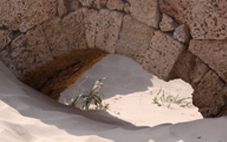 Midrash[3] elaborates:
Midrash[3] elaborates:
For three and a half years, the emperor Hadrian laid siege to Betar. In the city was Rabbi Elazar of Modiin[4], who wore sackcloth and fasted all week long, from Shabbat to Shabbat. He would pray – one day at a time – that Hashem would not deliver Betar into the hands of her enemies, saying, “Master of the universe, sit not in judgment today!” Rabbi Elazar’s prayers sustained Betar for so long that Hadrian almost lost heart and returned home to Rome.
A sly Cuthean went to Hadrian and said: “My lord, as long as that old rooster wallows in ashes, you will not conquer the city. But I will do something that will enable you to subdue it today.”
The Cuthean, spying for the Romans, entered Betar by way of a sewer. He entered the local synagogue, where he found Rabbi Eleazar deeply immersed in prayer, so much so that he was completely unaware of everything and everyone around him. The Cuthean acted like he was whispering in the ear of Rabbi Eleazar. Onlookers hurried to carry the tale to Bar Koziva: ‘Your uncle, Rabbi Eleazar, is acting just like his teachers before him who wanted to appease the Romans; he wishes to surrender the city to Hadrian.’
The furious Bar Koziva summoned the Cuthean and asked: “What did you say to my uncle?”
The Jew-hating spy replied: ‘If I tell you, the emperor will kill me; and if I do not tell you, you will kill me. It is better that I should kill myself and the secrets of the government be not divulged.’
Bar Koziva loathed the rabbis; he therefore readily believed the treacherous Cuthean, easily convinced that the old rabbi wanted to surrender the city. He ordered that Rabbi Elazar be brought to him. Curtly, he asked, “What did the Cuthean tell you?”
Rabbi Elazar answered: “I do not know what he whispered in my ear, nor did I hear anything, because I was standing in prayer and am unaware of what he said.”
Bar Koziva flew into a rage, kicking the frail fasting rabbi and killing him on the spot. A heavenly voice issued forth and proclaimed: ‘”You have paralyzed the arm of Israel and blinded their right eye!” This was a reference to Rabbi Elazar HaModai, in whose virtue Betar continued to exist. Betar and Bar Koziva no longer had the protection of the saintly rabbi’s prayers and righteousness. The city was doomed and its leader was beheaded that very same day, Tisha B’Av, 135 CE, the tragic day that Betar fell and millions were murdered.
Judgment was ever so swift in coming, for Bar Koziva committed the heinous crime of believing evil speech. Rather than believing the tzaddik of the generation who happened to be his own uncle, the false Messiah preferred to believe a Jew-hating Cuthean. One sin led to another, and he killed his uncle with a single ferocious kick.
Today in Israel, we have enemies all around us. War could erupt at the snap of a finger. No one knows what to expect, but the weapons of destruction aimed at us are ominous. Our sages teach that the very best way to protect our families and ourselves is by closely guarding our tongues; this is not a matter of piety but a matter of survival. May Hashem help us, amen!






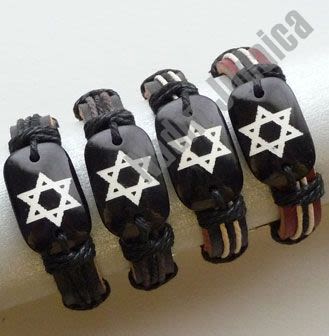
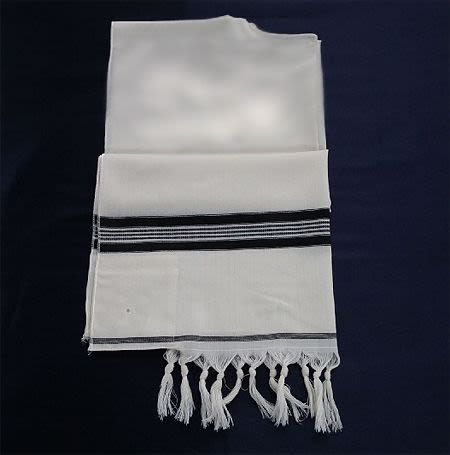
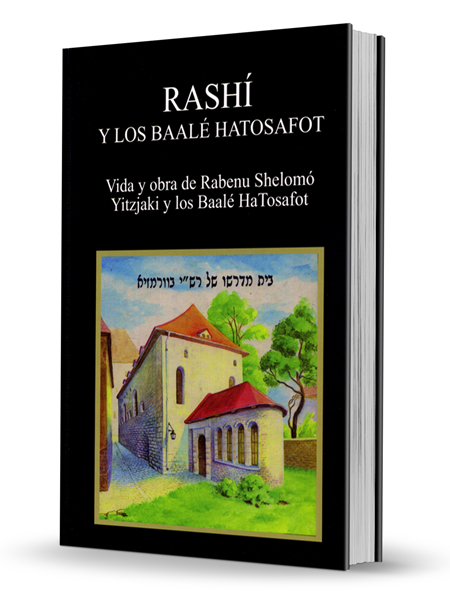
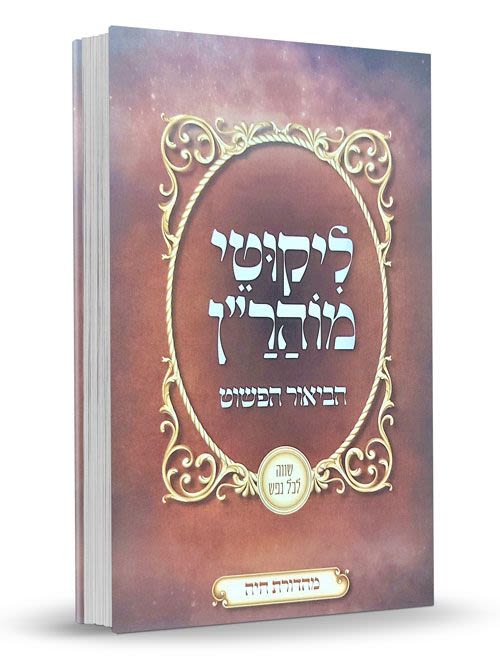
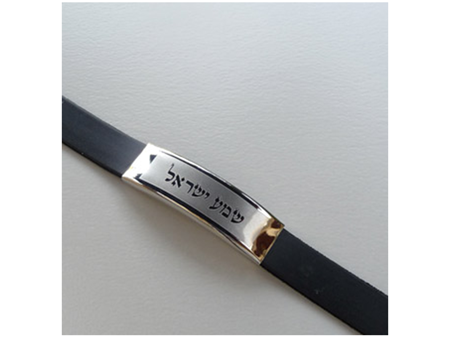
Tell us what you think!
Thank you for your comment!
It will be published after approval by the Editor.